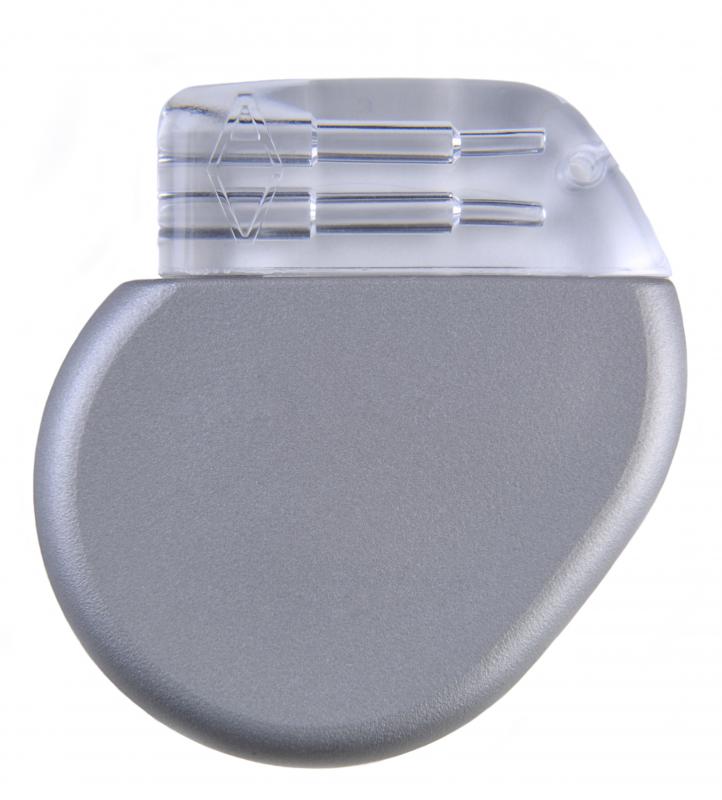At TheHealthBoard, we're committed to delivering accurate, trustworthy information. Our expert-authored content is rigorously fact-checked and sourced from credible authorities. Discover how we uphold the highest standards in providing you with reliable knowledge.
What is Third-Degree Heart Block?
Third-degree heart block is a disorder of the heart where the heartbeat becomes disorganized because the pacemaking signal generated in the atria does not pass to the ventricles, allowing the atria and ventricles to beat independently. It is usually necessary to treat this condition with an artificial pacemaker to regulate the heart beat. The most common cause of third-degree heart block is cardiac ischemia, where the flow of blood to the heart muscle is interrupted and parts of the heart are damaged as a result.
In a healthy individual, the heartbeat originates in the sinoatrial node (SA node) and travels through to the ventricles, coordinating the heartbeat. In a person with some degree of heart block, the signal is interrupted or slowed. In the case of third-degree heart block, also known as complete heart block, the signal does not get through at all. A secondary natural pacemaker in the ventricles fires on its own, causing them to beat in a completely different rhythm.

A patient with third-degree heart block will experience symptoms like chest pain, labored breathing, and excessive sweating. On an electrocardiogram, two different patterns will be seen, reflecting the uncoordinated efforts of the atria and the ventricles. Medications may be administered or withdrawn, if medications are the cause of the heart block. Artificial pacing, usually first with a temporary pacemaker, is often used to stabilize the heartbeat. If the patient does not improve independently, a permanent pacemaker can be implanted to regulate the patient's heart rhythm.

With a mechanical pacemaker in place, a patient with third-degree heart block should be stable and can engage in normal activities once recovered from the pacemaker surgery. A doctor may recommend slowly resuming regular activities to give the body time to adjust. Exercise like swimming or walking can be beneficial for getting active after heart surgery and keeping the cardiovascular system as healthy as possible.
People with a history of heart problems are more at risk of developing third-degree heart block. Cardiovascular conditions known to cause ischemia, like coronary artery disease, are a significant risk factor. Managing heart conditions and promoting cardiovascular health with exercise and a balanced diet will help patients reduce the risk of developing heart problems and will limit the severity of ongoing heart problems. It is also advisable to see a doctor regularly for evaluation to determine if a patient's condition is changing and make adjustments to a treatment plan accordingly.
AS FEATURED ON:
AS FEATURED ON:












Discuss this Article
Post your comments